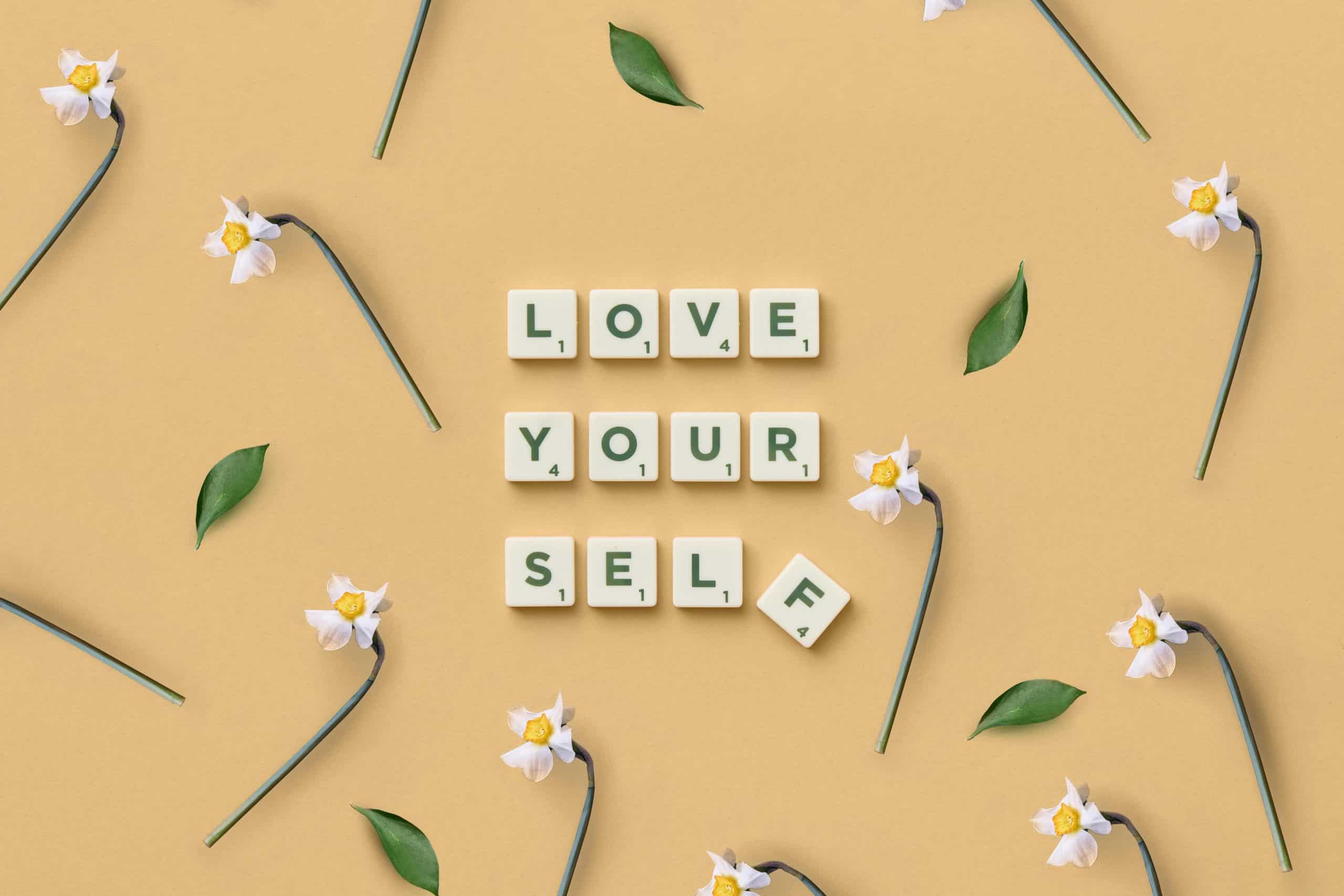What Is Body Trust? 5 Ways to Begin Healing Your Relationship with Yourself
In a world that constantly pushes perfection, the concept of body trust offers a refreshing and compassionate alternative. It’s not a trend or a quick fix—it’s a lifelong practice rooted in self-respect, awareness, and healing. Body trust invites individuals to reconnect with their bodies, honor their needs, and release the grip of shame and control. This article explores what body trust truly means and offers five gentle, empowering ways to begin rebuilding a relationship with the body that feels safe, loving, and whole.
Understanding Body Trust
Body trust is the practice of listening to and honoring the body’s signals without judgment. It’s about moving away from external rules and expectations and toward internal wisdom. This concept challenges the dominant narratives of diet culture, beauty standards, and productivity that often disconnect people from their physical selves.
Rather than viewing the body as something to be fixed or managed, body trust encourages a shift toward acceptance and curiosity. It’s a way of saying: the body is not the enemy—it’s a home.
Why Body Trust Matters

The erosion of body trust often begins early, shaped by societal messages, family dynamics, and personal experiences. Over time, this can lead to disordered eating, chronic self-criticism, and a sense of alienation from one’s own body. Rebuilding body trust is not just about physical health—it’s about emotional and psychological well-being.
When body trust is present, decisions around food, movement, rest, and care become intuitive rather than reactive. There are less fears and more freedom. The body becomes a partner, not a project.
1. Practice Gentle Awareness
The first step toward body trust is cultivating gentle awareness. This means tuning into sensations, emotions, and needs without rushing to fix or change them. Instead of labeling hunger as “bad” or fatigue as “lazy,” observe these signals with compassion.
Gentle awareness can be practiced through mindfulness, journaling, or simply pausing throughout the day to ask: What is the body saying right now? Over time, this builds a foundation of trust and responsiveness.
2. Challenge Harmful Narratives

Many beliefs about bodies are inherited—not chosen. Diet culture, media portrayals, and even well-meaning advice can reinforce the idea that bodies must look or behave a certain way to be worthy. Body trust involves identifying and challenging these narratives.
This might mean unfollowing accounts that promote unrealistic ideals, questioning internalized messages, or learning about body diversity and health at every size. Replacing harmful stories with affirming ones creates space for healing and growth.
3. Reconnect with Hunger and Fullness
Dieting and restriction often disrupt the body’s natural cues. Rebuilding body trust means learning to recognize and respond to hunger and fullness again. This process can take time, especially if those signals have been ignored or overridden.
Start by noticing patterns: When does hunger arise? What does fullness feel like? There’s no need for perfection—just curiosity. Over time, these cues become clearer, and eating becomes a more intuitive, nourishing experience.
4. Embrace Movement That Feels Good
Exercise is often framed as punishment or obligation. Body trust reframes movement as a way to celebrate and care for the body. The goal isn’t to burn calories or change appearance—it’s to feel alive, connected, and joyful.
Explore different forms of movement: walking, dancing, stretching, and swimming. Pay attention to how the body feels before, during, and after. Movement that honors the body’s needs builds trust and reinforces the message: this body deserves care.
5. Create a Supportive Environment

Healing doesn’t happen in isolation. Surrounding oneself with supportive people, resources, and spaces can make a profound difference. Seek out communities that value body trust, body neutrality, and self-compassion.
Books, podcasts, therapists, and social media accounts that promote body trust can offer validation and encouragement. Sharing the journey with others helps normalize the process and reminds everyone: no one is alone in this.
Final Thoughts
Body trust is not a destination—it’s a relationship. Like any relationship, it requires patience, kindness, and commitment. There will be moments of doubt and discomfort, but also moments of clarity and peace. Each step taken toward body trust is a step toward freedom, wholeness, and love.
The body is not broken. It’s wise, resilient, and worthy of trust. Rebuilding that trust is one of the most powerful acts of self-care and liberation available. And it’s always possible to begin.
Medical Disclaimer
This content is intended for informational and educational purposes only. It is not a substitute for professional medical advice, diagnosis, or treatment. Always consult with a qualified healthcare provider regarding any questions or concerns about your health. Everybody is unique—what works for one may not work for another. Trust your journey and seek support when needed.







